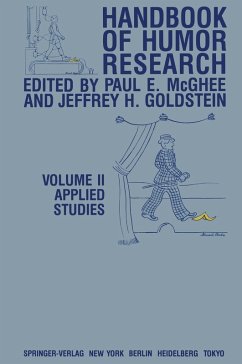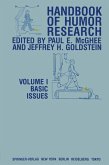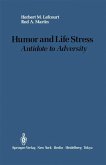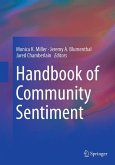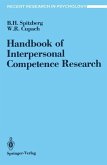Progress in understanding humor and developing a comprehensive, testable theory of humor has been slow in coming. Fortunately, we do not need to have at our command a thorough understanding of a phenomenon in order to make use of it. In Volume II, Applied Studies, of the Handbook of Humor Research, there is a movement away from theoretical issues that lay beneath humor and laughter as biological, psychological, and social acts. Rather than attempting to deal with the dynamics of humor-with why a particular situation or object elicits laughter-the chapters in Volume II explore humor and laughter as behaviors that are correlated with and have effects upon a great many other realms of social and psychological life. In this volume we explore the uses and consequences of humor. Joel Goodman is one of only a handful of individuals who teaches the development of humor, not for purposes of entertainment, but for the enhancement of human relationships. He has taught humor techniques to business executives and rank and file workers, teachers, medical and mental health practitioners, and government employees. In recognizing that humor is an important form of social communication, Goodman focuses on making conscious the often unthinking use of humor. What does a card-carrying comedian think of humor? More than you may have supposed. In Chapter 2, Stanley Myron Handelman likens humor to religion, a set of beliefs and a foundation for interpreting the cosmos.
Hinweis: Dieser Artikel kann nur an eine deutsche Lieferadresse ausgeliefert werden.
Hinweis: Dieser Artikel kann nur an eine deutsche Lieferadresse ausgeliefert werden.

